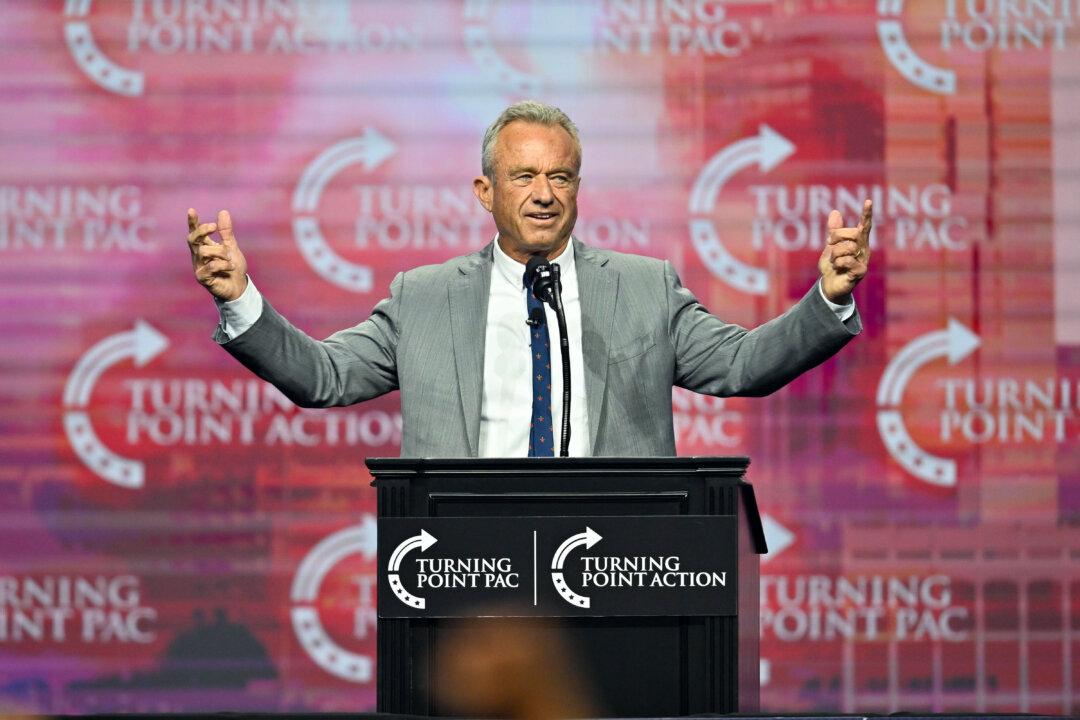President-elect Donald Trump’s choice for Secretary of Health and Human Services, Robert F. Kennedy Jr., is intent on implementing his “Make America Healthy Again” plan, but first, the former Democrat and independent presidential candidate must meet with senators on Capitol Hill.
For Kennedy, the process of seeking Senate confirmation begins next week with four consecutive days of meetings, a spokesperson for Kennedy’s team, Stefanie Spear, told The Epoch Times. Politico first reported the meetings.





